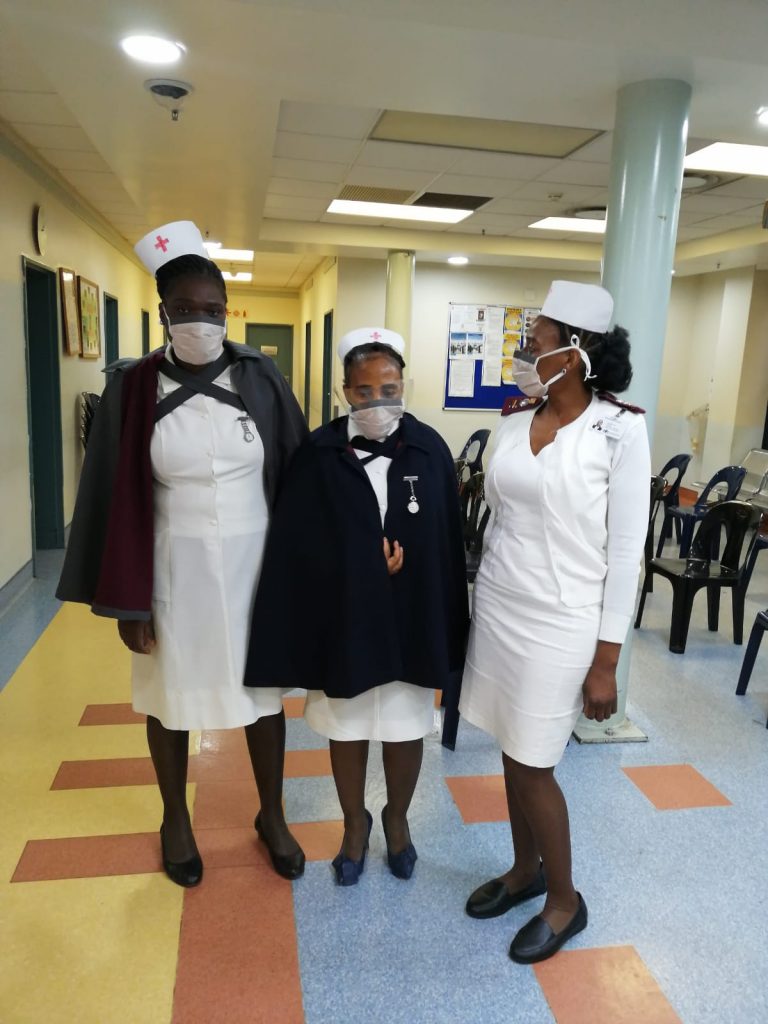JACOB MAMABOLO
ON behalf of the Gauteng Department of Health I would like to express appreciation for all women health workers at the frontline during this women’s month. The year 2020 and the outbreak of the global COVID-19 pandemic has taken its toll on the health system and society in general.
The outbreak of the pandemic has not only changed the way in which society functions, but also how health personnel deal with the day to day activities in hospitals.
While hospital facilities continue to be places where lives are birthed and people are healed, the context of the COVID-19 pandemic has taken away the aspect of affection and expressed sympathy that normally is the thread that binds health workers during both difficult and joyous times.
The World Health Organisation has declared the year 2020 as the year of the Nurse and Midwife, these being professions that are dominated by women across all walks of life, and therefore important to note.
The global health system is one that is rested upon its workforce, about 70% of which being women workers, and the majority of which are represented in the lower paid levels of work.

This context makes it crucial that in celebrating women’s month we also consider the areas where gender transformation still needs to take place considering the move towards Universal Health Coverage by 2030. It is important that the approach to health delivery, especially in a pandemic context must be one that is gender sensitive and not blind to the gender specific needs of health workers, this includes those in the LGBTQIA community.
Women have and continue to play an important role in the shaping of society and its development.
August being the month where we celebrate women and their contributions to our country’s fight against apartheid and oppression, is a reminder that women have played an important role towards the end of an unequal system anchored on the disenfranchisement of the majority of South Africans on the basis of their race and class position. In relation to women, South African women have historically been victims of a triple oppression that is premised on their race, class and gender position.
From this reality, however, we as a nation have birthed a generation of women who have stood up against an oppressive regime fighting for the freedom to move around in their country without being subject to pass laws.

The women of 1956 lead the struggle against apartheid and continue to inspire South African women today.
While society deals with the challenge of Gender Based Violence (GBV) and femicide, it is important to also recognize that women are among those that are at the helm of providing healthcare services including emotional support to women and children who are victims of abuse.
High numbers of domestic violence in South Africa put a strain on public health services, in this regard, it is also important that we do not tire to speak out against violence, especially that which is inflicted on women and children.
As we continue to wage the war against the COVID-19 pandemic, it is important that we continue to express our appreciation for all frontline workers in all health facilities in South Africa.
Indeed, the past few months have taken their toll on health workers and their families.
The Department of Health is doing everything in its power to respond to the outbreak, minimizing deaths and saving lives. While numbers of positive cases continue to rise, it is encouraging that many are recovering from the virus. We encourage society to continue observing the health guidelines and adhere to the regulations. Overcoming this battle requires that we all stand together and fight this pandemic.
ABOUT THE AUTHOR|
Jacob Mamabolo is Acting Gauteng Health MEC.



